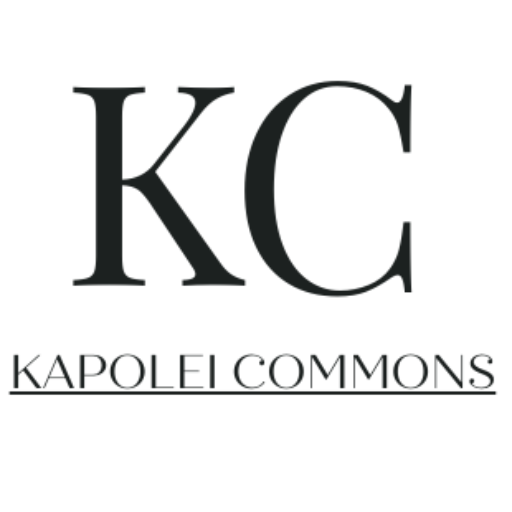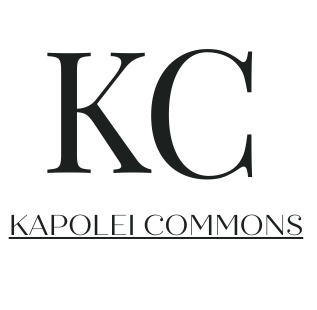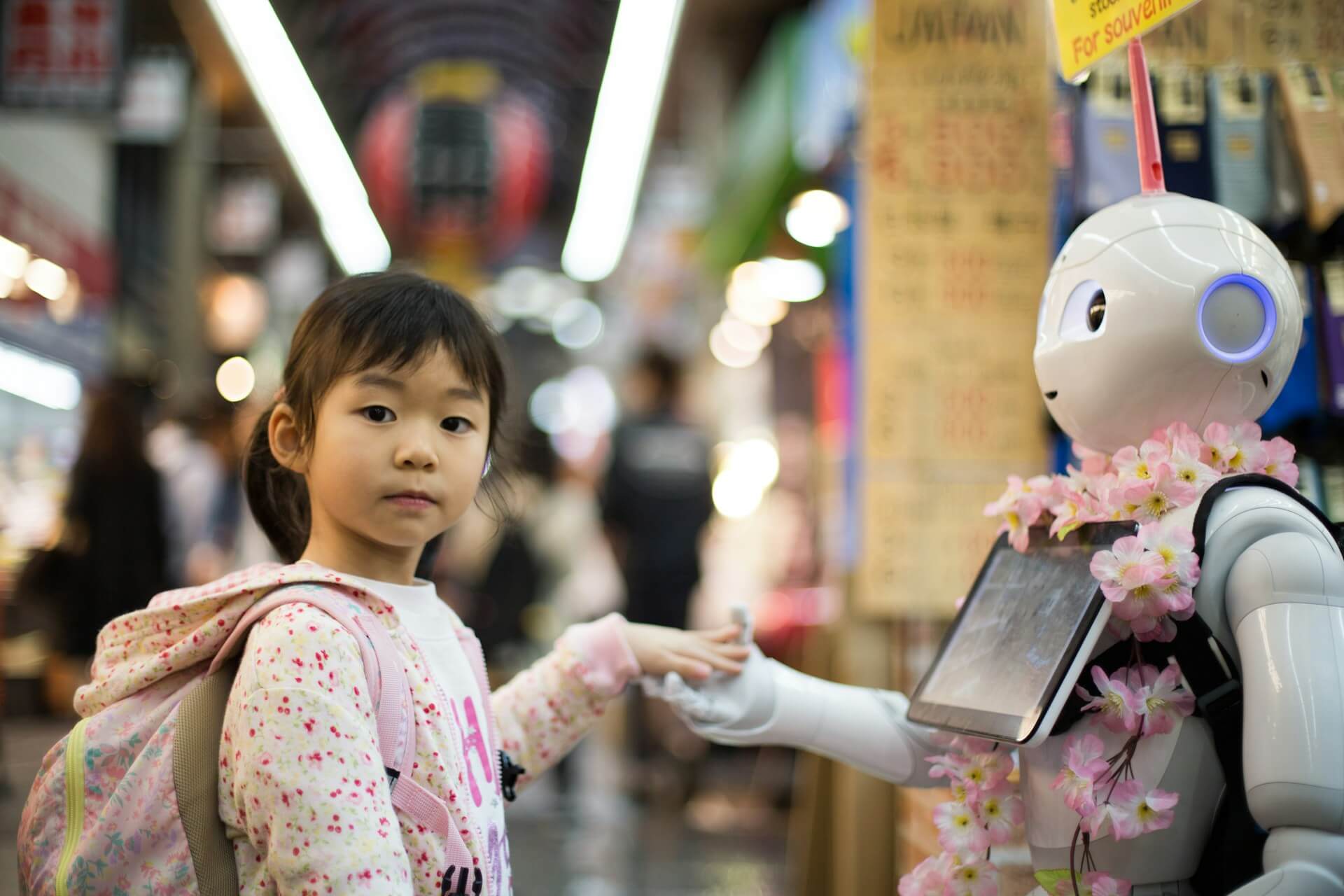Artificial Intelligence (AI) sparks polarized reactions. To some, it’s the harbinger of a sci-fi future replete with perils; to others, a beacon of hope illuminating a path to better, more personalized treatments. This blog post isn’t about HAL 9000; it’s about the AI that could foster a healthcare revolution one where treatment protocols are as unique as the individuals receiving them. Welcome to AI in healthcare, where your data and an algorithm just might save your life.
AI’s Introduction to the Hippocratic Oath
A doctor’s oaths have long intertwined with ideals of patient well-being. AI, once a far-off concept, has now embedded its algorithms into these age-old principles. But how does AI honor the Hippocratic Oath?
On this website, they explore the possibilities that AI presents for the future of medicine. The idea of a world where diagnoses aren’t limited to a clinician’s experience or the volumes of textbooks they’ve read is both exciting and daunting. With AI’s ability to process personal patient data in a way that human faculties cannot achieve, it has the potential to revolutionize the medical industry. By analyzing the entirety of human genetic data in a matter of minutes, AI can be a powerful ally to physicians, streamlining workflows and potentially improving the accuracy of diagnoses and prognoses. The future is bright when it comes to the advancements in medicine through AI.
The DNA of AI in Healthcare
The year 2020 might’ve highlighted our dependence on healthcare professionals, but it also underscored the need for scalable, data-driven precision medicine. AI’s first foray into healthcare lay in the more mundane tasks scheduling, and administrative work but it found a niche in diagnostic procedures, thanks to advances in machine learning. Today, AI isn’t just about classifying images, it’s about gleaning patterns from the most granular data a human can’t process within a lifetime.
Learning from Silent Teachers
In medical schools, students learn from ‘silent teachers’ cadavers that speak volumes in their stillness. AI, in a poetic twist, learns from the living. It grows more sophisticated with each life’s data, each case that challenges it to adapt, improve, and revise its approaches. Our present and future healthcare standards aren’t just being written they’re being entrusted to machine ‘students’ who never graduate, never grow old, and never forget.
From Bedside Manners to Algorithmic Insights
The concern that AI might depersonalize medicine is valid. There’s an intangible, humane quality in the touch of a healer, the comforting words of a knowledgable physician. Yet, as algorithms analyze more, they unravel the unique tale of each patient’s data, and they become another team member, helping carry the diagnostic burden, and leaving more room for the human elements of care.
The Voyage from Population Health to Individual Care
The traditional healthcare paradigm addressed maladies on a population level, with broad strokes that aimed to target the most common numerators. With AI, these brushstrokes shrink, and healthcare starts to resemble art a precise, personal, and elegant response to individual health concerns.
Unveiling Patterns & Pathways
One of AI’s key roles in healthcare is as a spotlight, shining on patterns we wouldn’t discern. Disease pathways, driven by a matrix of genetics, environment, and lifestyle, are illuminated and studied in complex, holistic ways. For the first time in history, our understanding of health is becoming as multifaceted as the data available to us.
Prescribing Your Unique Protocol
The term ‘personalized medicine’ is omnipresent in medical literature, but AI is likely its gatekeeper. It’s becoming increasingly clear that no two patients, even with the same diagnosis, should receive identical treatments. AI, armed with data-driven insights, may soon craft bespoke treatment plans that acknowledge the idiosyncrasies of each patient.
The Role of Technology in Preventing Catastrophes
Health catastrophes, from preventable errors to worsening epidemics, often stem from a lack of individual focus. AI might usher in a new era of proactive healthcare a system that anticipates warns, and prevents, not in general terms but within an intense personal context tailored to each citizen.
Ethical and Regulatory Challenges
The inclusion of AI in healthcare isn’t smooth sailing. There are the storms of ethics and the lighthouses of regulations to negotiate.
Charting New Territories in Data Governance
Patient data, now quantifiable and machine-readable, has opened a labyrinthine debate on who controls and governs this information. While data protections like GDPR offer a starting point, the intersection of AI and healthcare demands a conversation beyond what legal text offers.
Navigating the High Seas of AI Bias
AI is often as unbiased as the data it’s fed. But when those data harbor systemic prejudices, AI inadvertently reflects and amplifies these biases. The consequences in healthcare could be grave, from misdiagnoses to marginalizing underserved populations. To truly harness AI’s potential, we must adjust not just the algorithms but the inputs they’re trained on.
The Road Ahead
The future with AI in healthcare is a brave new world, every bit as exciting as it is filled with trepidations. But as we forge ahead into this undiscovered country, one that shimmered on the edge of imagination but now solidifies with each algorithmic advance, it’s important to remember the oaths we uphold aren’t to the algorithms. They’re to the people whose unique data they process, analyze, and potentially heal.
AI as Augmentation, Not Replacement
The fundamental tenet of integrating AI into healthcare must be creating an ecosystem where it amplifies the abilities of human healthcare providers. It must not be seen as a replacement for doctors but rather as a toolkit to arm them with the most advanced diagnostic and treatment options.
An Inclusive Future for AI
The healthcare landscape of the future, adorned with AI tools, must be a democratic one. These tools and the benefits they promise cannot be hoarded by a few. Access to AI-empowered healthcare is a new battleground in the fight for social justice, one we must be prepared to wage.
The AI revolution in healthcare is not a matter of ‘if,’ but ‘how.’ The precision, the personalization, and the potential pitfalls of such a future are worth considering deeply, purposefully, and undeniably together. We’re not preparing for an invasion of robots in hospitals; we’re hosting, perhaps for the first time in history, a digital Renaissance that could redefine the very nature of medicine. Take a deep breath. The future is here, and it’s whispering. Will we heal with it, or will we need healing from it?



Leave a Comment